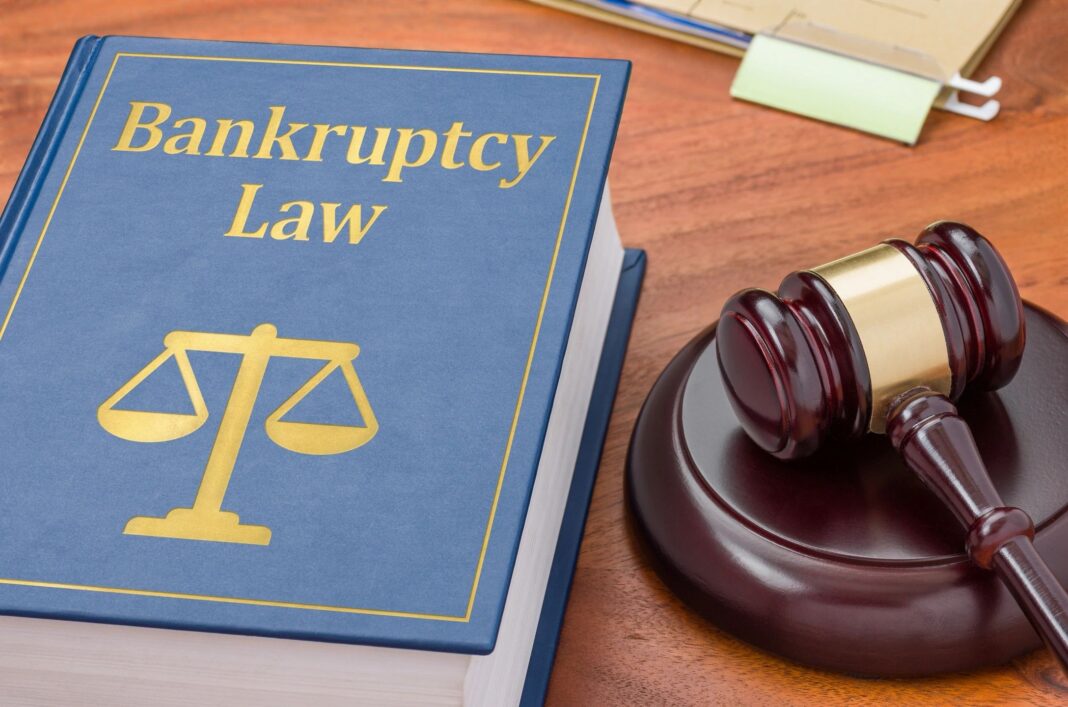Bill has been working since he was in high school. His parents taught him to save for the future. Bill took that lesson to heart and as soon as he could he started saving money in retirement plans where he worked. He also stashed money away in an IRA. Over the years, he did very well.
But now at 55 years old he’s hit hard times. His wife had catastrophic health issues. It drained all their non-retirement savings. They took out a second mortgage on the house and there are still unpaid bills so big that it boggles the mind. Creditors are lining up. As much as Bill doesn’t want to think about it, bankruptcy seems to be the only alternative. But he wonders if his retirement funds have any protection against creditors.
When you begin talking about protections for money, most people think first about the Federal Deposit Insurance Corporation (FDIC). FDIC is an independent federal agency that insures individual bank deposits up to $250,000. That guarantee may be more mental comfort than anything. FDIC has $140.9 billion on hand to guarantee U.S. bank deposits of $18.3 trillion. FDIC only insures depositors in the event of a bank failure, not bankruptcy.
Fortunately, there are federal laws on the books that protect retirement money in case of bankruptcy. 401(k) protections come from the Employee Retirement Income Security Act (ERISA).
- “Anti-Alienation” Provision: ERISA contains a clause that generally prevents creditors from reaching assets held in qualified retirement plans like 401(k)s. This protection extends even if the account holder files for bankruptcy.
- Trustee Ownership: Under ERISA, the funds within a 401(k) plan are legally held by an independent trustee, not directly by the individual participant, until they are withdrawn as income. This separation of ownership helps shield the assets from a participant’s personal creditors.
- Federal Preemption: ERISA’s status as a federal law means it generally overrides state laws regarding creditor protection for qualified retirement accounts, providing uniform protection across the country.
- Bankruptcy Protection: The Bankruptcy Abuse Prevention and Consumer Protection Act of 2005 (BAPCPA) further safeguards ERISA-qualified plans, including 401(k)s, from an individual’s bankruptcy estate. This means a bankruptcy court generally won’t consider 401(k) assets when determining which assets can be used to repay debts.
In spite of those rules, there are some exceptions to be aware of.
- Federal Tax Debts: The federal government, specifically the IRS, can seize funds from a 401(k) to satisfy delinquent federal taxes.
- Family Obligations: 401(k) accounts may be garnished to satisfy court orders relating to divorce, child support, or other civil judgments, particularly through a Qualified Domestic Relations Order (QDRO).
- Criminal Penalties/Fines: If you owe criminal penalties or fines to the federal government, your qualified retirement account assets could potentially be seized.
- Improper Contributions: If contributions to a 401(k) plan exceed the limits established by ERISA, those excess contributions may not be protected from creditors.
- Solo 401(k) Plans: While generally protected, the specific level of protection for solo 401(k)s can vary between bankruptcy and non-bankruptcy situations, and state law may govern protection outside of bankruptcy.
For IRA holders, there are limited protections in place through the Bankruptcy Abuse Prevention and Consumer Protection Act of 2005 (BAPCPA). How much protection is determined by the type of IRA you have and the statutory maximum amount of IRA funds that can be excluded from a bankruptcy.
- Traditional and Roth IRAs are currently protected up to $1,711,975, as of April 1, 2025. This amount is adjusted for inflation every three years.
- SEP IRAs, SIMPLE IRAs, and most rollover IRAs are fully protected from creditors in a bankruptcy, regardless of their dollar value. Rollovers from employer-sponsored plans retain their unlimited protection within the IRA.
- Inherited IRAs. If you file for bankruptcy and have an inherited IRA, those funds can be taken by creditors. The only exception is if you inherit an IRA from a spouse.
Bankruptcy filings
Total bankruptcy filings rose 14.2% in 2024 from 2023. Non-business, or individual bankruptcies, rose 13.9% to 494,201, compared with 434,064 in 2023, according to statistics released by the Administrative Office of the U.S. Courts.
The Consumer Bankruptcy Project (CPB) found that the median age of those filing for bankruptcy was 49. And people 65 and older filing for bankruptcy have become the fastest-growing demographic group over the past 20 years. This group has grown from 4.5% of bankruptcy filers in 2001 to 18.7% of filers by 2022. This is partially a result of the growing number of people 65 and older in the U.S., which increased 38.6% between 2010 and 2020, according to Debt.org.
Why are people filing for bankruptcy? In a survey by the nonprofit publisher Annual Review, 78% of respondents said a decline in income caused their bankruptcy and 65% claimed their bankruptcy stemmed from medical debts and missed work due to illness. The escalating number of bankruptcies among Americans 65 and older is expected to continue because of rising healthcare costs, insufficient retirement savings and increasing life spans.
This information is presented for informational purposes only and does not constitute an offer to sell, or the solicitation of an offer to buy any investment products. None of the information herein constitutes an investment recommendation, investment advice or an investment outlook. The opinions and conclusions contained in this report are those of the individual expressing those opinions. This information is non-tailored, non-specific information presented without regard for individual investment preferences or risk parameters. Some investments are not suitable for all investors, all investments entail risk and there can be no assurance that any investment strategy will be successful. This information is based on sources believed to be reliable and Alhambra is not responsible for errors, inaccuracies, or omissions of information. For more information contact Alhambra Investment Partners at 1-888-777-0970 or email us at info@alhambrapartners.com.




